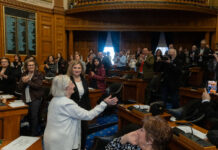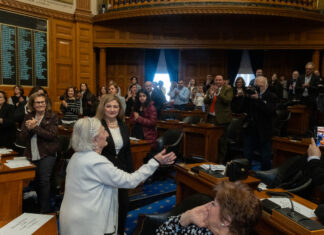CAMBRIDGE, Mass. — Dr. Taner Akçam will present an illustrated talk titled “Giving Voice to the Voiceless: Armenian Genocide Survivors and the Aleppo Rescue House of the League of Nations,” on Tuesday, January 13, 2015, at 8 p.m., at the Charles and Nevart Talanian Cultural Hall, Holy Trinity Armenian Church. This event is co-sponsored by the Knights and Daughters of Vartan, the Kaloosdian/Mugar Chair at Clark University and the National Association for Armenian Studies and Research (NAASR).
.Akçam’s presentation will be preceded by a 6:30 p.m. dinner. To reserve a seat for dinner ($20), contact the church. The lecture is open to all and a donation to support this endeavor is requested from those attending.
After World War I ended, the newly-formed League of Nations initiated projects to rescue in particular women and children Armenian Genocide survivors who were being involuntarily held in Muslim households. One of these projects was a rescue house in Aleppo run by Danish missionary Karen Jeppe, which became active in 1921.
The organization rescued many women and children whose identity information and short personal history — locations from where they had been forcibly removed, what had happened to them and how they had survived, etc. — was recorded in special ledgers. The documentation is in English and oftentimes the children and women were photographed. The vast majority of the 1,664 records created between 1922 and 1930 are still intact. These records carry an importance that is beyond measure.
A project to translate and publish these documents in Turkish has been initiated by Taner Akçam, Dicle Bilgin Akar and Matthias Bjørnlund. The Knights of Vartan Fund for Armenian Studies and the National Association for Armenian Studies and Research (NAASR) have provided a grant to support this project which will bring selected stories to the Turkish reader as a book and publish them all online. It is hoped that this will contribute substantially to the better understanding of the Armenian Genocide in Turkey where the level of knowledge remains extremely low.








